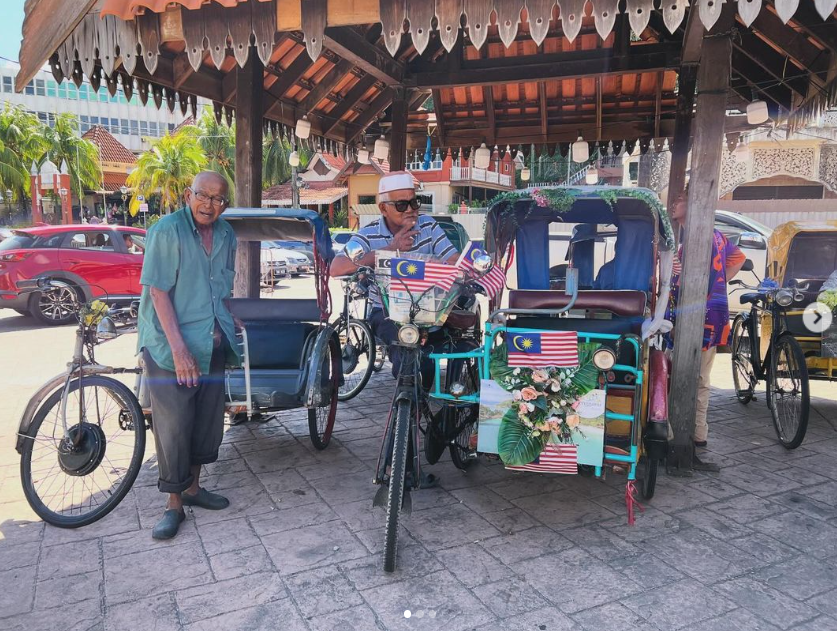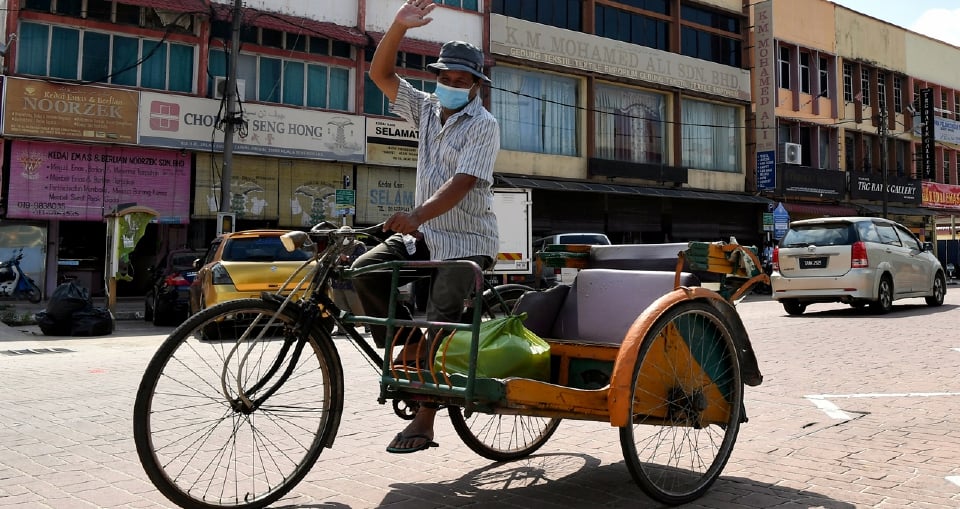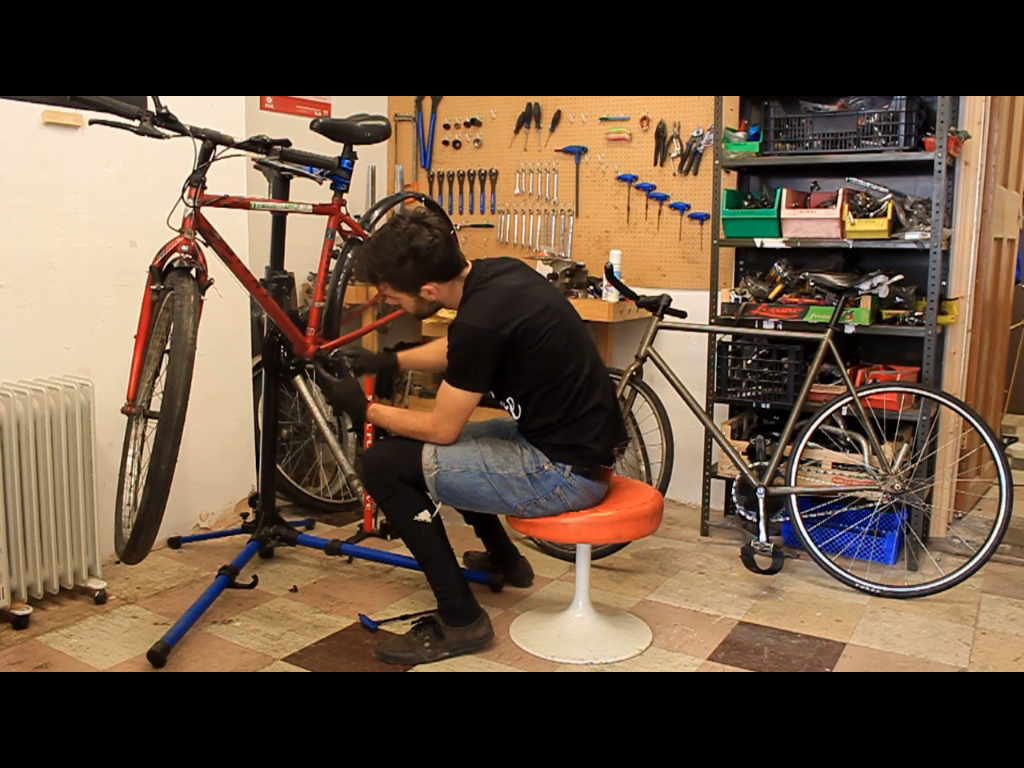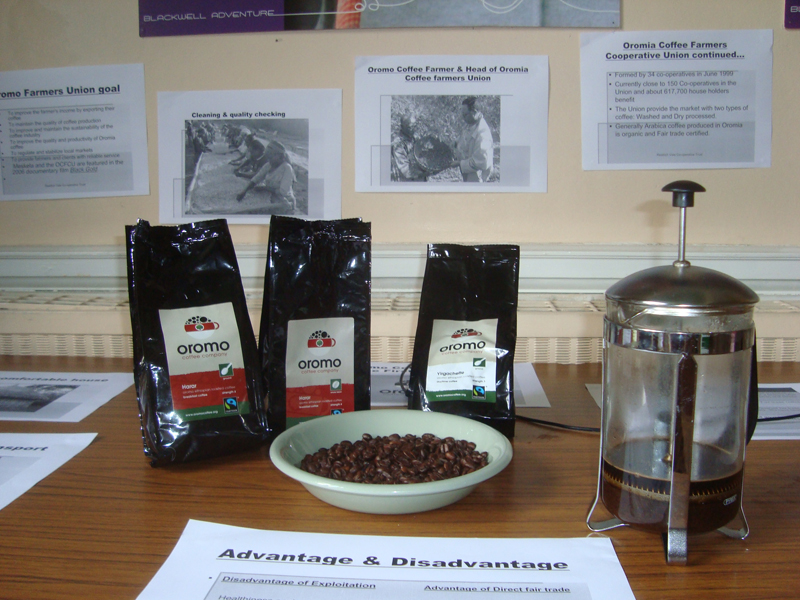Terengganu, a picturesque state on the east coast of Malaysia, is known for its rich cultural heritage and stunning natural landscapes. Perhentian Island, Pulau Redang Island and Kapas Island are a few islands notable for its beautiful beaches which is heaven for divers and snorkelers.
One iconic symbols of Terengganu’s heritage is the traditional three-wheel bicycle (trishaws or local names it as “teksi”) adorned with colourful decoration and manned by mostly elderly, friendly operators. As Terengganu seeks to promote tourism and preserve its cultural identity, the revival of trishaw cooperatives and the formation of new ones is imperative in boosting tourism and showcasing the state’s unique charm. Trishaws have long been an integral part of Terengganu’s cultural landscape, offering both the locals and visitors a cheap mode of transportation, especially for small traders to transport their goods to Pasar Payang (the famous wet – market in Terengganu), as well as an option for parents to send their children to school.
Beyond mere transportation, trishaws serve as moving pieces of art reflecting the vibrant culture and hospitality of the local community. Tourists flock to Terengganu for its beautiful beaches and to experience the charm of riding a trishaw, immersing themselves in the beauty of the cities, kampong (villages) and the sounds of the Pantai Batu Buruk or Pantai Teluk Ketapang sea waves.
However, the trishaw industry in Terengganu has faced challenges over the years, such as the decreasing numbers of operators, the ageing operators, declining tourist interest, and competition from modern transportation options.
To revitalize the culture of trishaws, and harness its potential for tourism, the revival of trishaw cooperatives in Terengganu is crucial. The present cooperative Koperasi Pengayuh Beca Roda Tiga Melayu Terengganu Berhad was unfortunately considered dormant. However, the State and agencies have taken measures to revitalize this traditional industry.

Cooperatives play an imperative role in uniting trishaw operators, fostering collaboration and promoting collective action to enhance the quality of services and attract more visitors and locals. By joining forces, trishaw operators can pool resources, implement market strategies, and develop innovative tour packages to appeal to a diverse range of tourists.
Furthermore, trishaw cooperatives can serve as platforms for preserving and promoting traditional craftsmanship (the Batik cottage industries, Copper and Silver industries,) cultural exchange and empowering local communities. Through training programs, heritage preservation initiatives, and community engagement activities, cooperatives can instil pride and ownership among trishaw peddlers, ensuring their commitment to delivering authentic and memorable experiences.
The revival of trishaw cooperatives aligns with the state’s vision and efforts to promote sustainable tourism, preserve cultural heritage, and stimulate economic growth in urban areas. By investing in cooperative development, infrastructure enhancement, and tourism promotion initiatives, Terengganu can leverage the charm and nostalgia of trishaws to attract a larger number of visitors, create employment opportunities, and enrich the overall tourism experience.
Looking to the future, the revival of trishaw cooperatives in Terengganu represents a golden opportunity to boost tourism and foster community development. By revitalizing this iconic mode of transport and harnessing the collective efforts of trishaw operators through cooperatives, the state can showcase its unique identity and allure as a must-visit destination for travellers seeking authentic cultural experiences.



